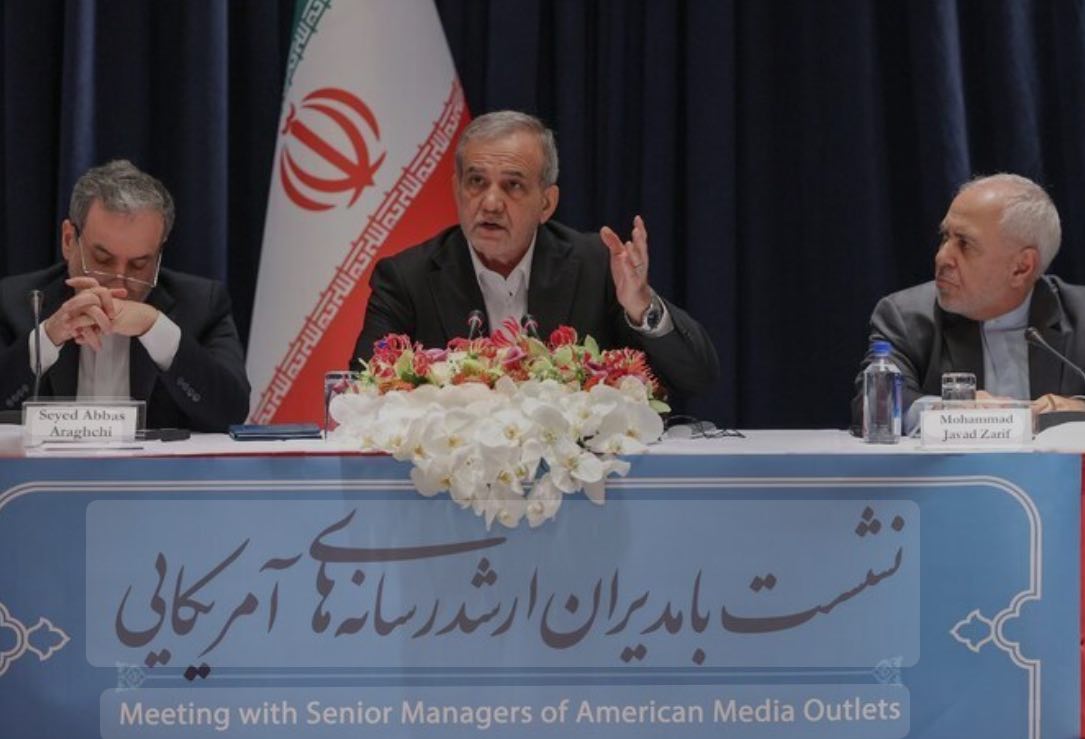A Journey for a Fresh Start
A journey for a fresh start, accompanied by seasoned diplomats and prominent foreign policy experts like Mohammad Javad Zarif, Abbas Araghchi, and Takht-Ravanchi, who are recognized as men of diplomacy and negotiation in both domestic and international political arenas, has increased the hope of overcoming the current stalemate.
Domestically, expectations have now taken on a new form and have placed the public mindset in a hopeful state regarding the advancement of normalization policies in foreign policy.
The next step for the government is national reconciliation, pursuing dynamic policies and active diplomacy to break the global consensus against the Islamic Republic of Iran. Through this approach, it can be expected that the statesmen accompanying the President will utilize all global, regional, and domestic resources and capacities to undermine the foundations upon which the enemies have been advancing the divide between the nation and the government.
Centering Iran and Iran’s national interests in a government that has been trusted by the majority of participants with the slogan ‘For Iran’ has placed a different kind of open diplomacy on the President’s table. Therefore, it requires moving beyond certain obstructionist considerations, focusing on Iran’s national interests, to establish a new political alignment in the international arena to fulfill Iran’s national interests.
Breaking a false perception in the international arena, where Iran is seen as one side in international conflicts, and raising the issue of Palestine from a religious matter to a human and human rights issue can unveil a new aspect of the Islamic Republic of Iran’s foreign policy.
Iran’s foreign policy now needs to move beyond a purely power-centric realist understanding, which breeds conflict and confrontation as its inevitable outcome, to simultaneously utilize the resources and capacities of liberalist and constructivist schools. International relations experts explain and examine international relations under the two main schools of realism and liberalism.
In the power-centric realist school, international relations are understood, and international actors have a secondary degree and value for ethics and human rights. Power-seekers are pessimistic about international political relations.
Conversely, in the liberalist school, the global economy, market economy, human rights, and ethics are even more important than power. Actors, institutions, and international organizations have decisive value, and optimism prevails over the political relations space.
Some thinkers in the field of international relations have unveiled a new school called constructivism. Although constructivism is not the mainstream and has not found as much standing as the other two, it is a prominent school.
In constructivism, something between these two schools is seen. Both power and human rights are considered, international actors, rules, and norms are important, and multilateralism prevails in this school. Constructivists are diverse but share commonalities. State interactions are important, interests and identities matter, and there is the possibility of reconstituting identities.
Negotiation in the international politics arena gains importance. Decisions are made at various levels. The use of prominent Iranian diplomats’ capacities in the international political arena and the gaps in global politics will place realist conflict-believers in a state of decision-making instability.
Now, the Islamic Republic of Iran, to mend the gap arising from the dominance of conflict politics in the international arena, needs to utilize the simultaneous capacities of the strategies that realist, liberalist, and constructivist approaches have placed on the policy table.
Adopting this approach will align the Islamic Republic of Iran with broader spectrums of global political poles at various sub-levels of international politics, neutralize the fear-mongering projects by Zionist conflict instigators, protect Iran’s national interests and benefits from the harms of confrontations and conflicts with other countries, and expand the possibility of politics based on positive balance to overcome international threats.

